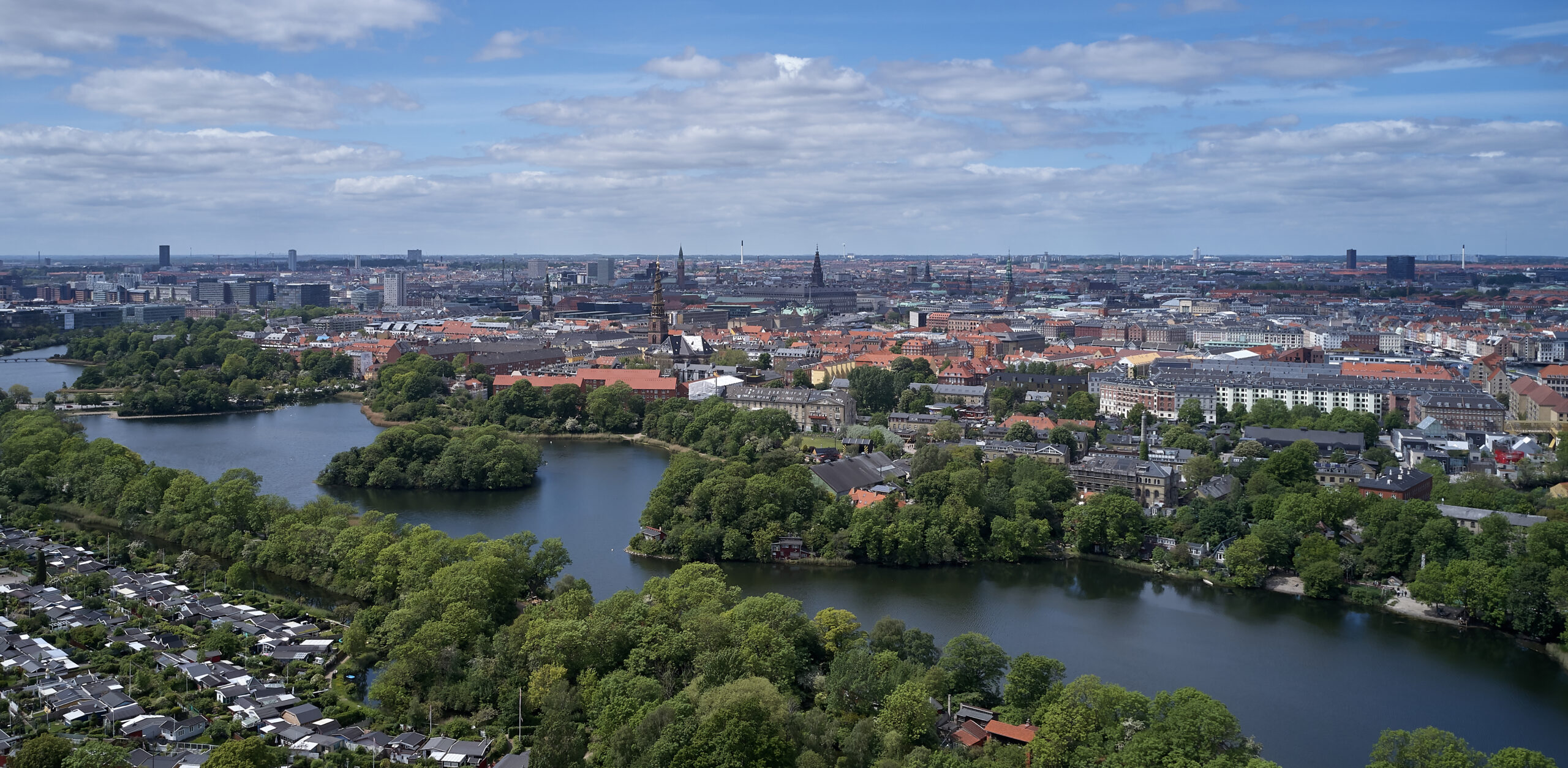
THE WASHINGTON POST – Denmark has announced a new proposal to implement a “green tax” on all flights in an effort to fund a sustainable-energy transition for its domestic air travel.
Released Thursday, the plan by the Scandinavian country would charge passengers (in Danish krones) around USD9 for flights within Europe, USD35 for medium-distance flights and USD56 for long-distance flights by 2030. The policy would be phased into effect beginning in 2025.
Half of the revenue from the “green tax” – which is expected to bring in around DKK1.2 billion – would be used to support a transition to have all domestic flights use 100 per cent sustainable fuels by 2030.
(The country plans to have its first all-green-fuelled domestic flight route in operation in 2025.)
Another portion of the revenue would support pension increases for elderly citizens.
“Flying takes a toll on the climate, which is why we need to equip our flight sector with green wings,” Denmark’s Minister for Climate, Energy and Utilities Lars Aagaard said in a statement.
“The flight sector in Denmark must – as all other sectors – lower its carbon foot print and get on board a green future. We will create that change and make green flights our reality.”
Globally, the aviation industry accounted for two per cent of all energy-related CO2 emissions in 2022, according to the International Energy Agency. Pre-pandemic, this number was even higher.

A 2020 study by the National Oceanic and Atmospheric Administration on the aviation industry found that “global air travel and transport is responsible for 3.5 per cent of all drivers of climate change from human activities.”
Some estimates see aviation’s share in global carbon emissions rising to 22 per cent by 2050.
The move by the Danish government follows similar policies elsewhere in Europe that aim to limit the negative climate effects of air travel. At the start of this year, the government of the Netherlands tripled its passenger tax on air travel in another bid to curb carbon emissions.
And earlier this summer, France became the first country in the world to enact a legal ban on any domestic short-haul flights between places where an easy train alternative exists, and where the train trip is less than 2.5 hours.
Though a legal first, climate advocates found the law lacking, as routes banned by the law accounted for less than three per cent of domestic flight emissions. The original proposal that came from the French climate “citizens’ assembly” applied to flights where the train travel was under four hours, but the plan was watered down in the legislature.
Though short-haul flights especially are extremely energy-intensive and make up about 25 per cent of US air traffic, similar proposals have not yet made way in the US, where the aviation industry accounts for about three per cent of total greenhouse gas emissions.
Initiatives to stop or lessen air travel are generally more popular in Europe than in the US, where lack of government initiative and alternative high-speed travel infrastructure such as trains has limited action.
Though the Inflation Reduction Act passed by Congress in 2022 included tax credits and research funding to support the US production of “sustainable aviation fuels” (SAFs), for example, it doesn’t cut down or attempt to manage flight frequency.
Recent years have also seen a growing international movement of scientists, professionals and consumers advocating for less air travel, some going as far as to stop traveling by plane altogether.

We Stay on the Ground, a Sweden-based group, had 26,000 people sign up for its “flight free” campaign in 2020, for example. And in the United States, NASA data scientist Peter Kalmus started No Fly Climate Sci, a loosely organised group of “scientists, academics, and members of the public who either don’t fly or who fly less” in order to cut down their carbon footprint and limit their contribution to climate change.
The website began in 2017 and has since grown to include a few dozen entries from across the globe.
Despite some vocal supporters and high-visibility public efforts – like Greta Thunberg’s trip across the Atlantic via high-speed sailboat – the movement for less flight travel hasn’t reached the mainstream.
Still, governments, especially in Europe, have taken clear steps to regulate the climate impacts of the aviation industry, both through policies like Denmark’s proposed tax and by cracking down on “greenwashing” airlines misrepresenting their sustainability practices, as was the case in an EU-wide complaint filed by consumer groups this fall.
“This proposal is little more than greenwash that will ultimately fuel the industry’s growth. The tax is too tiny for demand reduction, and most of it will be swallowed by the industry,” Magdalena Heuwieser, co-founder of the Stay Grounded network, said in an email.
Heuwieser said Denmark has enough rail connections to ban all domestic flights. “This would be much more sustainable, as flying is always more energy intensive, no matter which technology might come up in the future.” – Sofia Andrade





